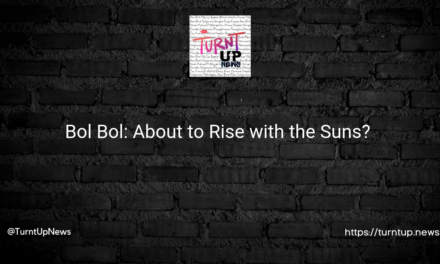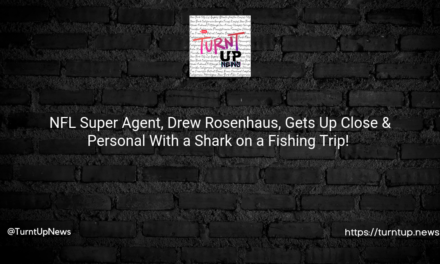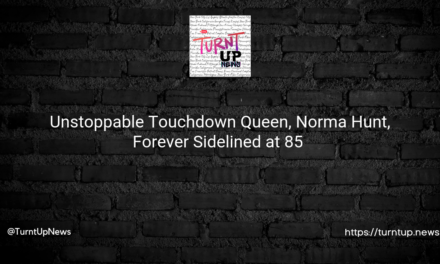🎵 Luke Combs Spins Chapman’s ‘Fast Car’: A Highway to Controversy or Just a Country Lane? 🚗💨🌾
TL;DR; Luke Combs’ remix of Tracy Chapman’s classic ‘Fast Car’ is revving up country music charts, but its popularity has sparked some serious head-scratching. 🤔 Why is Luke’s version hitting high notes with listeners when Chapman’s original struggled to do the same in this genre? It’s a question rumbling around the industry that’s got more twists and turns than a mountain road, bringing underlying racism issues to the spotlight. 🎤🔍
🔥Full story🔥
Country sensation Luke Combs recently swapped his pick-up for a ‘Fast Car’, with a cover of Tracy Chapman’s iconic song that’s not only speeding up the country charts, but is also steering a rather hefty controversy. Luke’s version of ‘Fast Car’ is hitting a sweet spot with country fans that Chapman’s original apparently missed. Why? Well, that’s the million-dollar question. 🎵💰🤷♂️
Chapman’s original song is a legend of its own, a classic narrative of escape and longing. Despite its broad appeal, it didn’t resonate with the country genre quite like Luke’s rendition. The contrast is as stark as the lyrics are melancholic. Chapman, a black woman singing about poverty and aspirations, didn’t reach the same country audience as Combs, a white male. Cue the flashbulbs! 📸💥
The chatter around the disparity has snowballed into an avalanche of think pieces questioning the discrepancy in reception between the original and the cover. The spotlight is on the genre, with whispers of racism buzzing around the speakers. 🎶🔦💬
No one’s saying Luke’s cover isn’t good – the guy’s got pipes, and he’s kept the essence of the original intact. He’s a powerhouse in the country music scene, and his rendition is undeniably catchy. But it makes us question: what’s the driving force behind its skyrocketing popularity? Does it boil down to the demographics of the genre’s audience, the race of the artist, or simply a change in musical tastes over time? Is it a coincidence or a symptom of a deeper issue?🤔💔
Can music truly transcend barriers, or are we caught up in a web of unconscious bias that influences what we jam to on our morning commute? And if the latter, what does it mean for artists of color in the country music genre, a space traditionally dominated by white musicians? 🎧🌈🕸️
So, next time you’re humming along to ‘Fast Car’ on the radio, remember there’s more to consider than just the catchy tune. This seemingly simple cover has amplified a much larger conversation about race, music, and representation.
Our final question: can we ever really separate the art from the artist, or will there always be a ‘Fast Car’-sized elephant in the room? 🎨🐘💭
Disclaimer: This article is not an endorsement or a criticism of any artist or song. The thoughts and perspectives presented are not those of Turnt Up News, but merely observations of existing discourses. Music is subjective and its reception can vary wildly among different audiences. 🎙️🔄🎶





